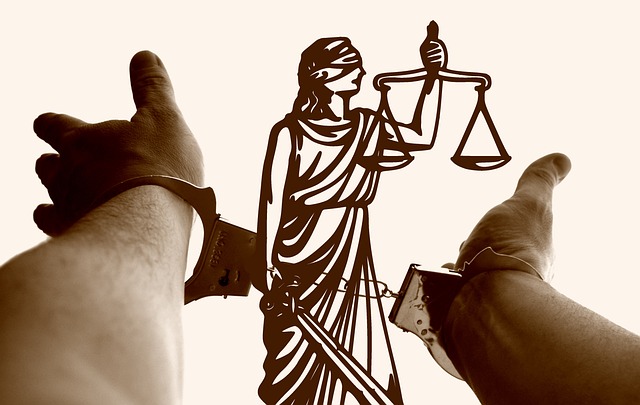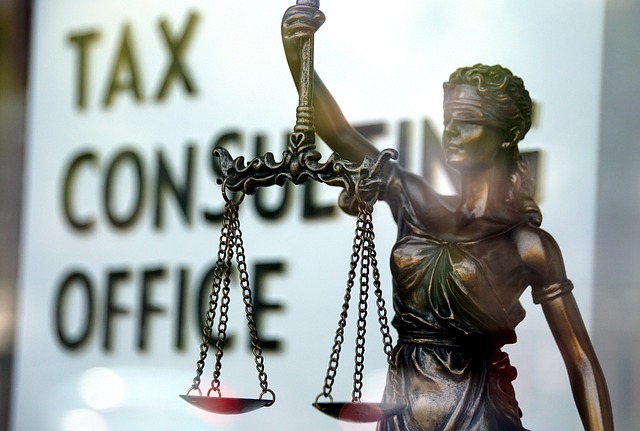TL;DR:
C-Level Investigations scrutinize executive decisions, uncovering potential legal violations, ethical breaches, or fraud that can harm a company's reputation and finances. These inquiries focus on complex corporate governance and compliance issues, with securities regulations like SEC guidelines playing a pivotal role in evidence gathering, interviews, and court presentations. Understanding these regulations is critical for both prosecutors and defense attorneys to navigate white-collar crimes effectively. Misinterpretations or non-compliance can lead to severe consequences for executives. Law firms and corporate counsel must grasp the nuances of securities regulations, considering political influences, to craft strategic arguments that align with regulatory expectations, ultimately securing favorable outcomes in financial crime cases.
In today’s complex corporate landscape, C-level investigations are becoming increasingly prevalent. This article delves into the intricate world of these high-stakes inquiries, focusing on their scope and implications. We explore how securities regulations significantly shape legal proceedings, particularly on litigation outcomes. Through case studies, we demonstrate the profound influence of regulatory complexities on legal decisions, offering valuable insights for navigating this challenging environment. Understanding the intersection of law and finance is crucial for businesses aiming to mitigate risks and ensure compliance.
- Understanding C-Level Investigations: Uncovering the Scope and Implications
- The Role of Securities Regulations in Shaping Legal Proceedings
- Impact on Litigation Outcomes: Strategies for Navigating Regulatory Complexities
- Case Studies: When Securities Regulations Influence Legal Decisions
Understanding C-Level Investigations: Uncovering the Scope and Implications

C-Level Investigations refer to inquiries into the actions and decisions made by executives at the highest level of an organization, often involving complex issues of corporate governance and compliance. These investigations are crucial in uncovering potential legal violations, ethical breaches, or fraudulent activities that can significantly impact a company’s reputation and financial standing. The scope includes examining financial reporting, insider trading, securities fraud, and other misconduct that may have far-reaching consequences for both the corporation and its individual clients.
Understanding how securities regulations intersect with these investigations is essential as they heavily influence litigation outcomes. Regulations like those set by the Securities and Exchange Commission (SEC) in the United States provide a framework for compliance but also serve as tools during legal proceedings. For his clients, whether corporate or individual, navigating these complexities requires expertise in white-collar defense strategies to mitigate risks, ensure transparency, and protect rights throughout the investigation process.
The Role of Securities Regulations in Shaping Legal Proceedings

Securities regulations play a pivotal role in shaping legal proceedings involving financial misconduct. These stringent rules are designed to protect investors and maintain market integrity, but they also have a significant impact on how cases are handled and ultimately resolved. When investigating potential violations, authorities must adhere to these regulations, which can influence the strategy and outcome of subsequent litigation. For instance, the Securities and Exchange Commission (SEC) has established guidelines for gathering evidence, conducting interviews, and presenting cases in court, all of which contribute to the overall legal process.
Understanding how securities regulations impact litigation outcomes is crucial, especially when navigating complex white-collar and economic crimes. The approach taken by prosecutors and defense attorneys alike must consider these regulations, ensuring that evidence is handled properly and legal arguments are structured accordingly. This precision is particularly vital in winning challenging defense verdicts, as it demonstrates a thorough understanding of both the law and the specific regulatory framework at play.
Impact on Litigation Outcomes: Strategies for Navigating Regulatory Complexities

The intricate web of securities regulations significantly influences litigation outcomes, particularly in complex cases involving corporations and high-level executives. These regulations, designed to protect investors and maintain market integrity, can be a double-edged sword for companies facing legal scrutiny. When properly navigated, they provide a robust defense strategy; however, misunderstandings or non-compliance can lead to detrimental consequences, especially in the C-suite.
To achieve winning challenging defense verdicts, law firms and corporate counsel must grasp the nuances of these regulations. By understanding how the philanthropic and political communities shape legal interpretations, they can craft strategic arguments that align with regulatory expectations. This approach not only enhances the chances of achieving extraordinary results but also demonstrates a commitment to upholding the principles of fair and transparent business practices.
Case Studies: When Securities Regulations Influence Legal Decisions

When it comes to investigating and prosecuting white-collar and economic crimes, securities regulations play a significant role in shaping legal strategies and outcomes. These regulations are designed to protect investors and maintain market integrity, but they also provide insights into how cases may be handled by legal professionals. By examining case studies where securities laws have influenced legal decisions, we can gain valuable understanding of the interplay between regulation and litigation.
For his clients facing complex financial crimes, experienced attorneys navigate these regulatory waters to achieve winning challenging defense verdicts. The impact of securities regulations on litigation outcomes can range from setting precedents for evidence admissibility to shaping jury instructions. For example, strict rules regarding insider trading may influence the presentation of certain types of data, while anti-fraud statutes can set the framework for proving intent in civil and criminal cases. Understanding these regulatory influences is crucial in crafting effective legal strategies, ultimately affecting the trajectory of financial crime investigations and their associated legal battles.
C-Level investigations, with their far-reaching implications, necessitate a deep understanding of securities regulations. As these regulations significantly shape legal proceedings and outcomes, it’s crucial for professionals to navigate the complexities they present. By examining case studies where securities laws influence decisions, we gain insights into effective strategies. Ultimately, appreciating the interplay between securities regulations and litigation outcomes is essential for achieving favorable results in C-Level investigations.






